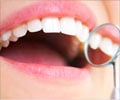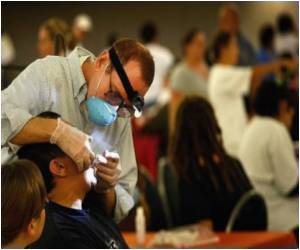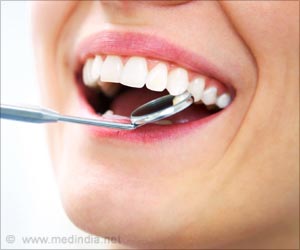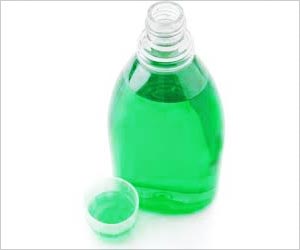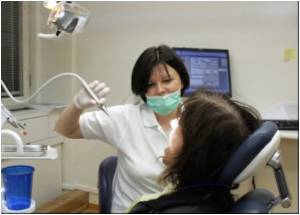
It is also done without the need for anaesthetic jabs and appears to be more effective than a conventional filling.
The results of pilot studies have been so promising that the NHS has pumped 3million dollars into a nationwide study of the technique, which involves sealing decay in, rather than scraping it out, the Daily Mail reported.owever, the technique is only suitable for milk teeth and so for children, rather than adults.
Normally, having a filling involves being given an injection of local anaesthetic. The rotten part of the tooth is then removed using the drill and the hole packed with filling.nder the Hall technique, named after Aberdeenshire dentist Norna (CORR) Hall, no effort is made to remove the decayed part of the tooth.
Instead, a metal crown is simply slipped over the tooth and cemented in place.o anaesthetic is needed and, starved of bacteria and oxygen, the decay stops or slows down to such a rate that it doesn't cause any pain.
The crown stays in place until it falls out naturally with the tooth, at around the age of ten.
Advertisement
"The Hall Technique is now taught as a standard part of the undergraduate dental programme in almost all dental schools now," she said.
Advertisement
In a two-year trial of 132 children aged between three and ten, children, parents and dentists all preferred the Hall technique.
Teeth treated this way also caused fewer problems in the future.or instance, just 2 per cent of teeth treated through the Hall technique went on to develop major problems such as abscesses or become do badly decayed that they were beyond repairing.
In the group giving fillings, the figure was 15 per cent. A five-year trial produced similar 'astonishing' results.
The NHS-funded trial will study almost 1,500 children treated at 50 dental practices in the north of England, inner-city London and Scotland and Wales.
The National Institute for Health Research, the NHS's research arm, said: "A successful outcome for the study will be the ability to make a firm recommendation regarding the most effective approach for managing decay in children's teeth."
"This is challenging what has been conventional wisdom for 150 years," Professor Jimmy Steele, of the NIHR, told the Sunday Times.
The technique is, at the moment, only suitable for baby teeth. But a version suited to long-lasting adult teeth is being worked on.
Source-ANI


